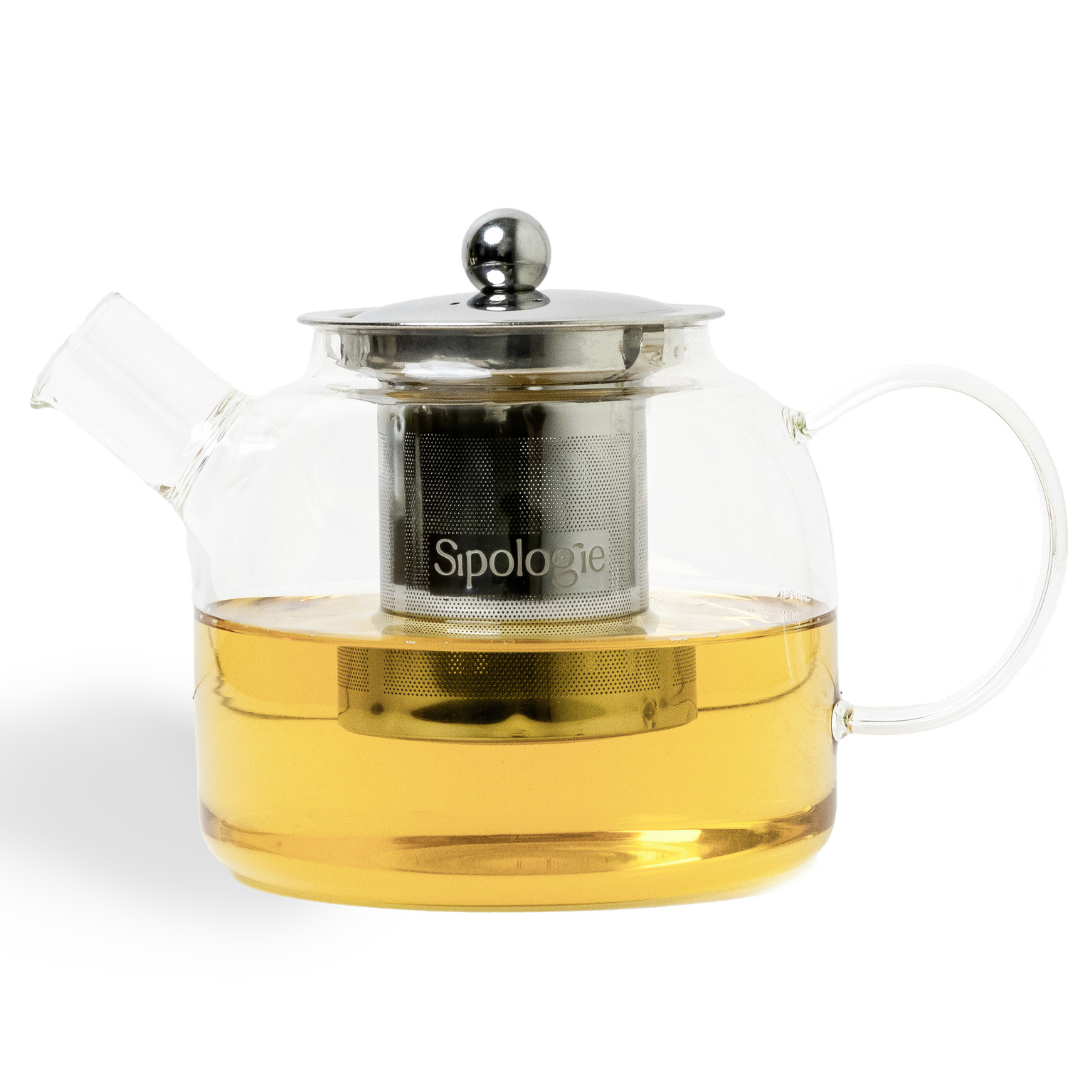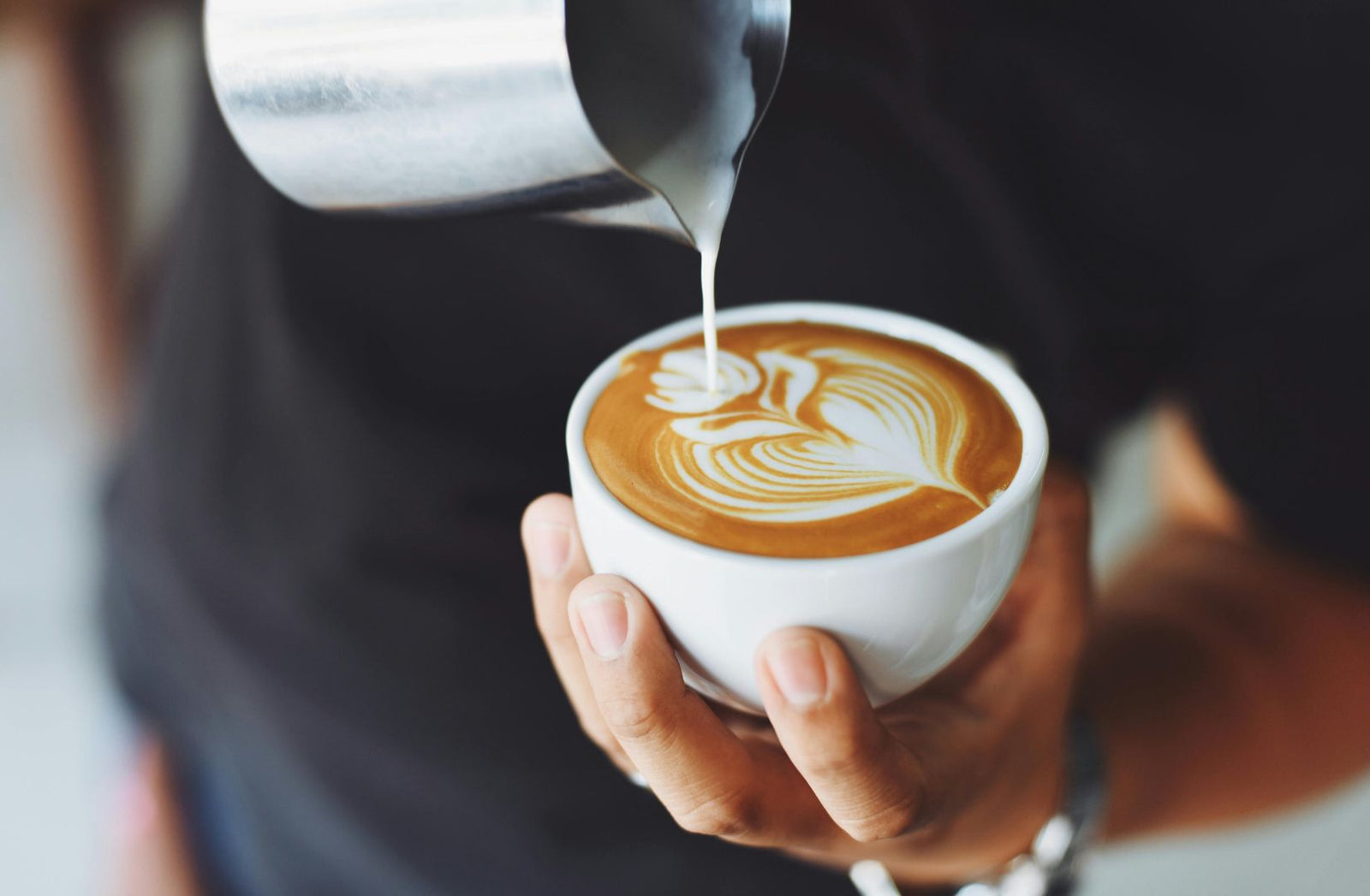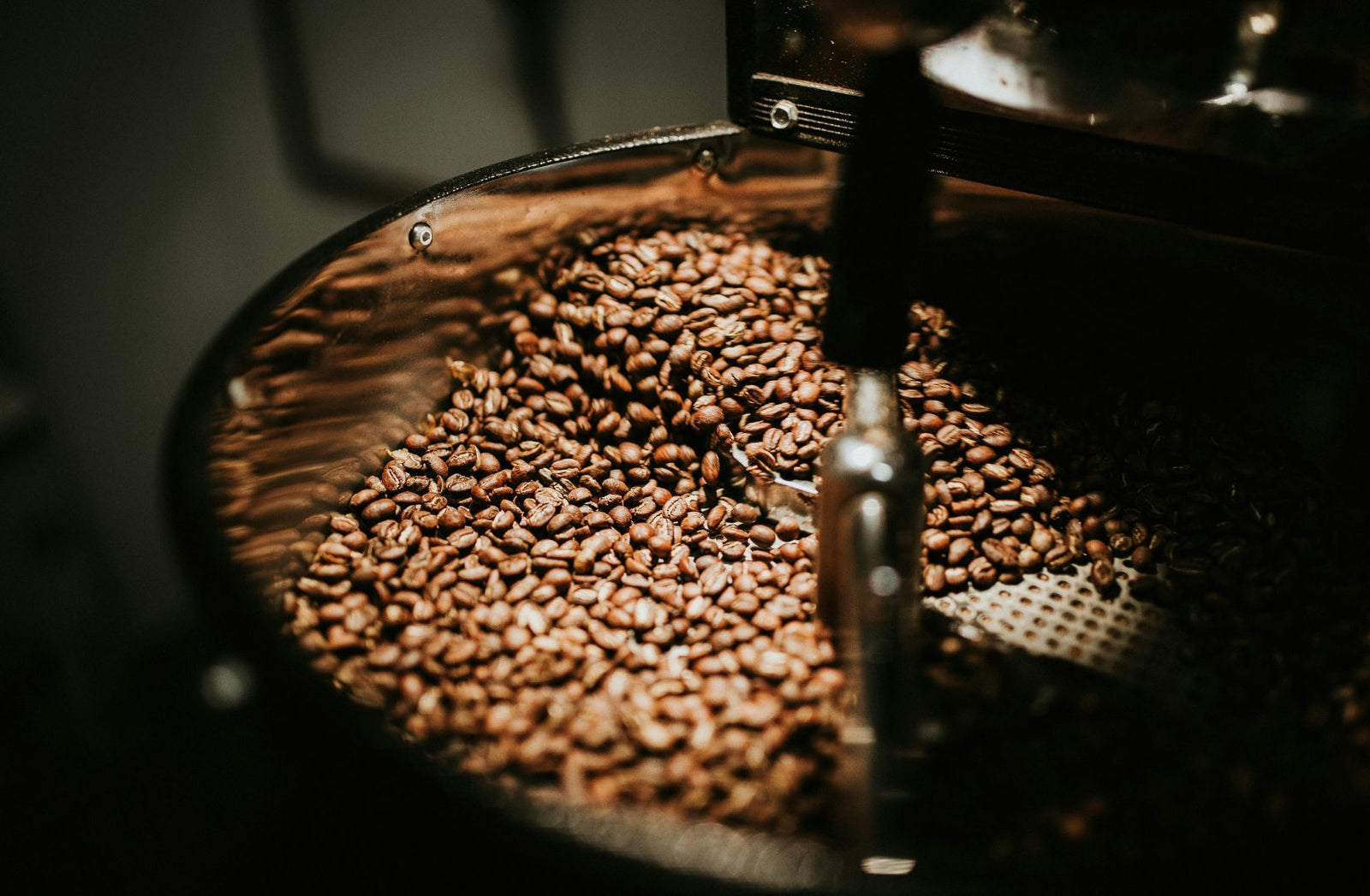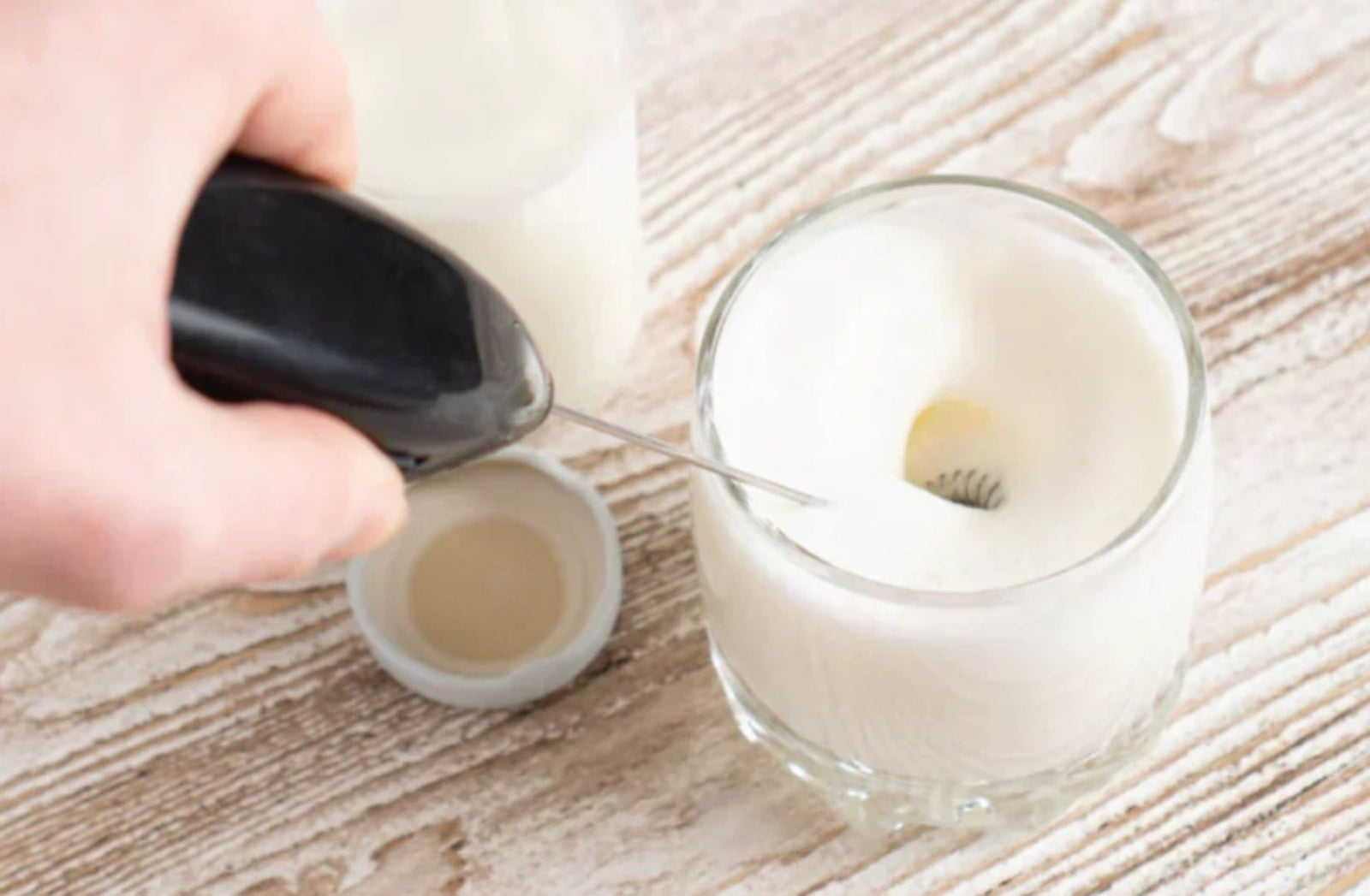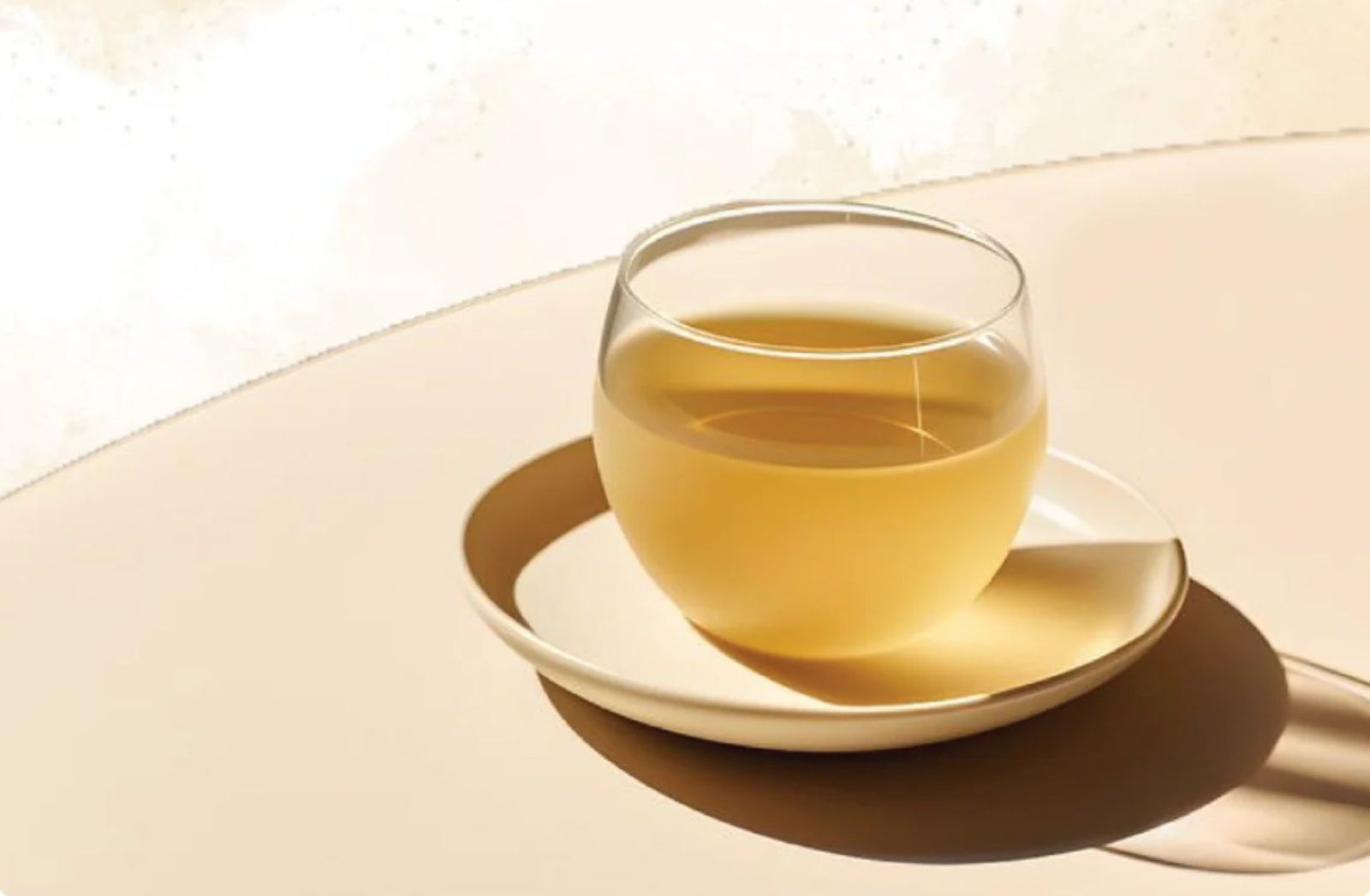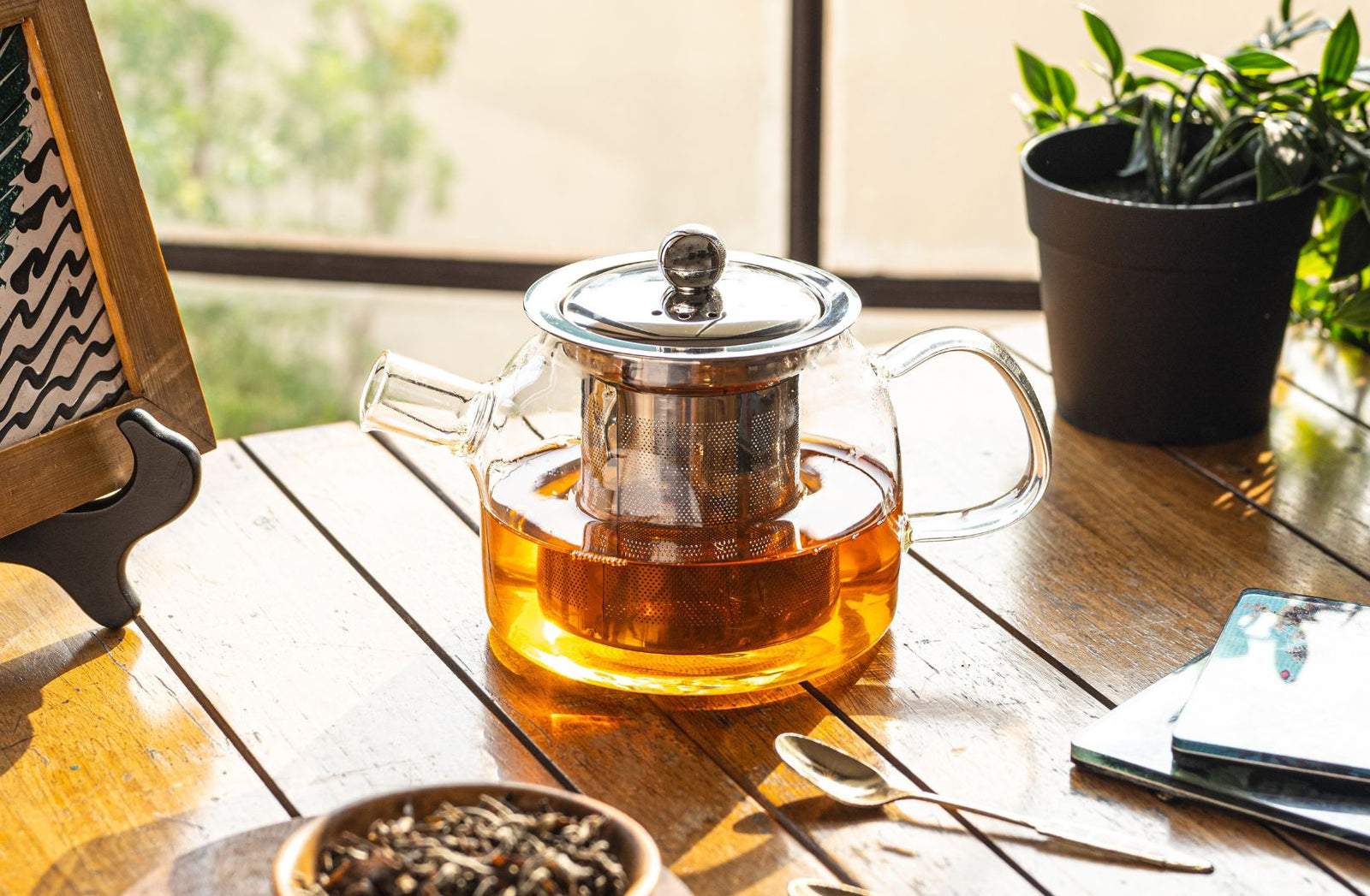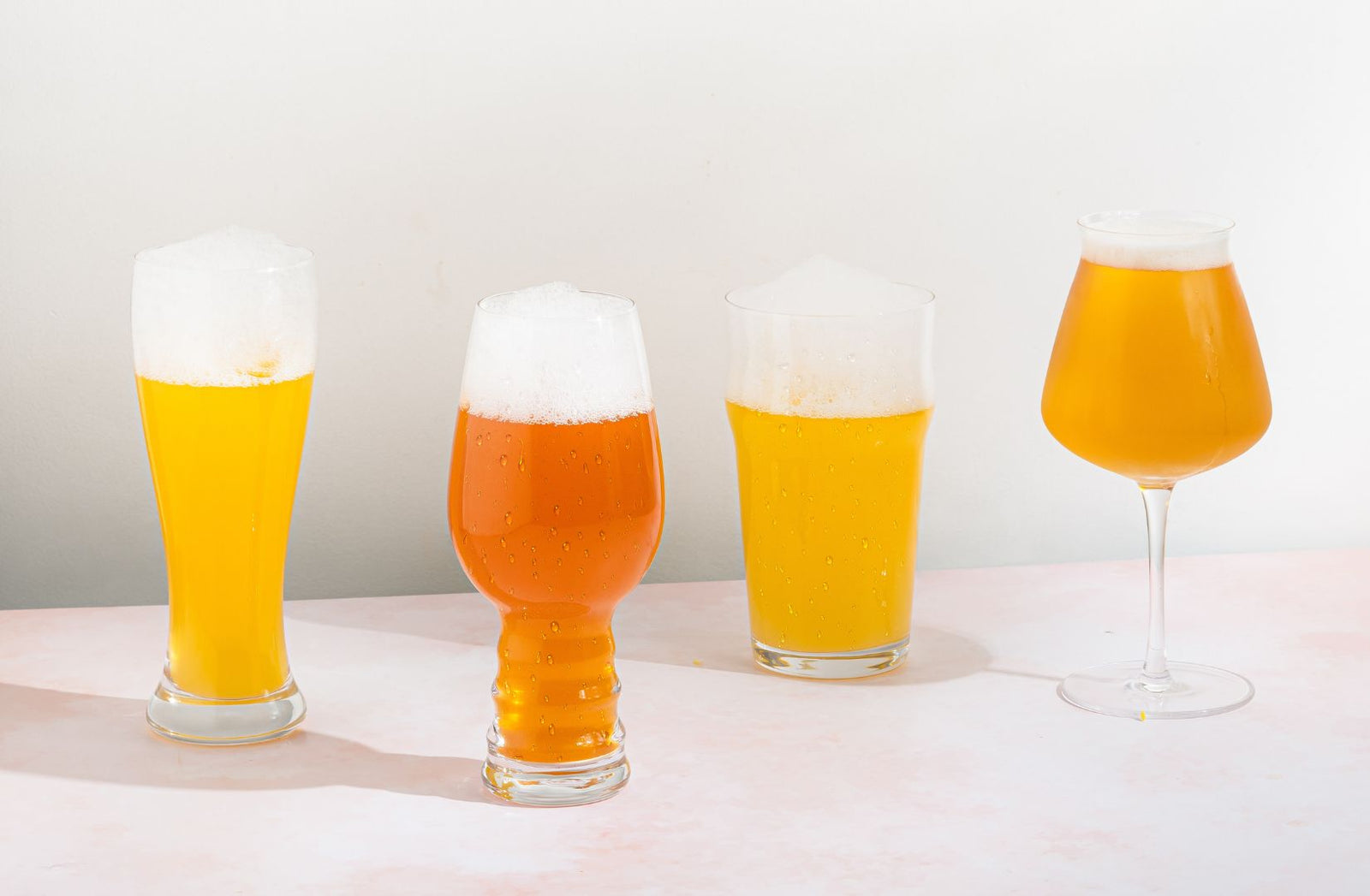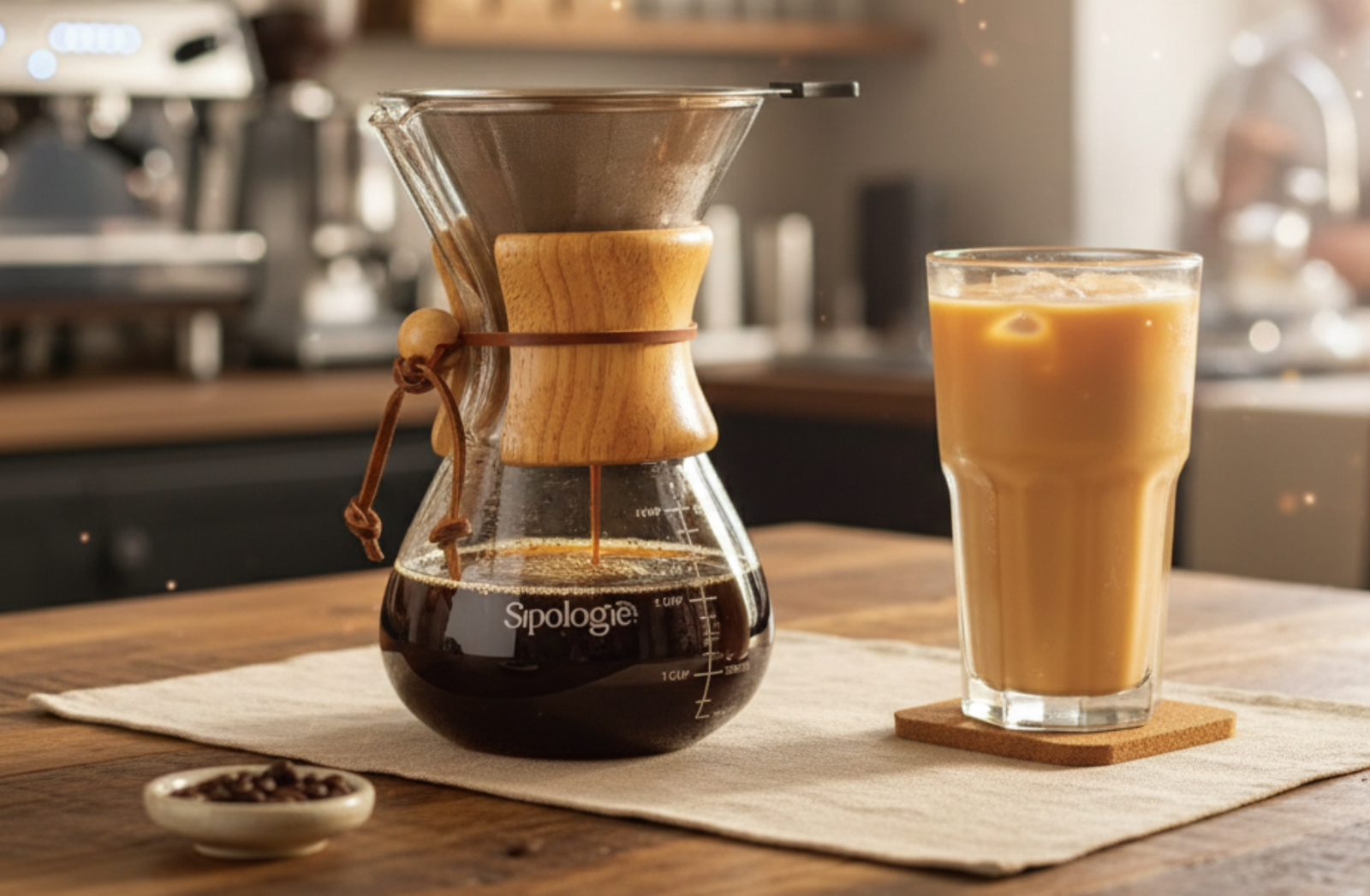
Ready to explore the world of tea? Whether you're a seasoned enthusiast or a curious beginner, tea offers a rich variety of flavors, health benefits, and a fascinating history. In this blog, we’ll dive into different types of tea, from green to black, highlighting their unique tastes and wellness advantages, like metabolism-boosting and antioxidants. Grab your favorite brew and join us on this exciting tea journey! Before jumping, you should quickly explore our range of Glenburn Teas.
What are the different kinds of tea? And how are they different?
There are four main kinds of tea - Green tea, White tea, Oolong tea and Black tea. The difference between tea types comes down to oxidation and processing:
-
White Tea: The least processed, simply dried naturally, preserving its soft, floral taste.
-
Green Tea: Steamed or pan-fired to prevent oxidation, keeping it fresh and grassy.
-
Oolong Tea: Partially oxidized, sitting between green and black tea with complex flavors.
-
Black Tea: Fully oxidized, giving it a deep, robust, and malty character.
All true teas come from the same plant. Every cup of tea you sip originates from Camellia sinensis, but what makes them different is how they are processed. There are two main varieties of the Camellia sinensis plant:
- Camellia sinensis var. sinensis (native to China) – Used for green, white, and oolong teas. It has smaller leaves and produces delicate, floral, and slightly sweet flavors.
- Camellia sinensis var. assamica (native to India) – Commonly used for black teas. It has larger leaves, resulting in bold, malty, and full-bodied flavors.
So, while all these teas come from the same plant, their unique processing methods create an incredible variety of flavors and aromas, hence the distinguished characteristics and benefits:
GREEN TEA :
-
Antioxidants: Green tea is renowned for its high concentration of catechins, particularly epigallocatechin gallate (EGCG), which is known for its powerful antioxidant properties.
-
Boosts Metabolism and Fat Burning: Numerous studies suggest that regular consumption of green tea can enhance metabolic rates and aid in fat burning, making it a popular choice among health enthusiasts.
-
Caffeine Content: Green tea generally contains about 20-45 milligrams of caffeine per 8-ounce cup, which is considerably lower than coffee, making it a gentler choice for caffeine-sensitive individuals.
-
Relaxing agent: The consumption of green tea has been linked to improved brain function, as it contains L-theanine, an amino acid that works synergistically with caffeine to enhance cognitive performance.

WHITE TEA :
-
Origin: White tea is considered the most delicate tea type, harvested from young leaves and buds of the Camellia sinensis plant.
-
Caffeine Content: Contains 15-30 milligrams of caffeine per 8-ounce serving, making it a gentler option for those sensitive to caffeine.
-
Antioxidants: White tea is packed with catechins and polyphenols, which help combat oxidative stress in the body.
-
Cardiovascular Health: Research suggests white tea may improve blood vessel function and reduce blood pressure, benefiting heart health.
-
Anti-Inflammatory Properties: Its natural anti-inflammatory properties can contribute to a healthier immune system, making it a potent health ally.

BLACK TEA :
-
Oxidation: Black tea is the most oxidized of all tea types, which gives it a unique flavor and health benefits.
-
Antioxidants: Black tea is rich in flavonoids, which have been shown to improve heart health by lowering cholesterol levels and reducing the risk of stroke.
-
Caffeine Content: The caffeine content in black tea can provide a stimulating effect, enhancing alertness and focus, making it a great option for those seeking an energy boost.
-
Supports Gut Health: Black tea may play a role in gut health by supporting the growth of beneficial bacteria in the digestive system, promoting a healthier gut microbiome.
-
Helps Manage Stress: Studies suggest that regular consumption of black tea can help manage stress levels, making it a comforting choice for relaxation and mental well-being.
OOLONG TEA :
-
Oxidation: Oolong tea is partially oxidized, falling between green and black tea in terms of oxidation and flavor profile.
-
Boosts Metabolism and Fat Loss: Oolong tea is celebrated for its ability to boost metabolism and promote fat loss, making it popular among those managing their weight.
-
Improves Dental Health: The natural fluoride content in oolong tea contributes to stronger teeth and gums, promoting better dental health.
-
Relaxing agent: The combination of caffeine and L-theanine in oolong tea fosters a state of relaxed alertness, helping to maintain focus without the jitters often caused by other caffeinated beverages.

Tea Brewing techniques :
-
Green Tea: Use water at 160-180°F, steep for 2-3 minutes. Loose leaf tea improves flavor.
-
Black Tea: Boil water, steep for 3-5 minutes. A teapot or French press enhances control.
-
Oolong Tea: Use water at 190-200°F, steep for 3-5 minutes. Try the "gongfu" method for deeper flavor.
-
White Tea: Brew with 160-185°F water, steep for 4-6 minutes. Higher leaf-to-water ratio improves taste.
Whether you're brewing a cup of green, white, black, or oolong tea, Our Inspire Infuser Tea Mug & Inspire Infuser Tea Pot are the perfect companion to enhance your tea experience. With its sleek design and built-in infuser, it makes steeping your favorite loose leaf tea a breeze. Simply add your tea leaves, pour in hot water, and enjoy a cup of tea, crafted just the way you like it.




